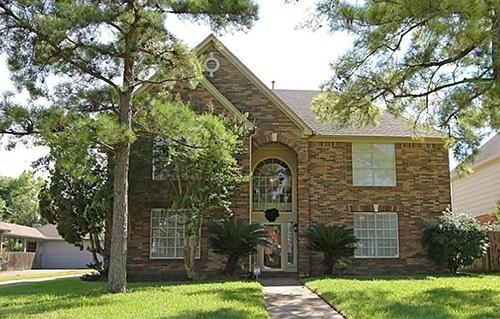
There are many factors to consider when determining how much you can afford to pay for a mortgage. Homeowners typically have many monthly expenses, including taxes, homeowner’s insurance, and a host of other bills. Managing your monthly expenses is important to determining your affordability. A high credit score is also beneficial for getting approved for a loan. This article will outline the steps to taking into account your current credit score and other monthly expenses when determining your affordability.
Calculating affordability
If you’re thinking about purchasing a house, you may be wondering if you can afford the monthly payments. The answer depends on several factors, including your credit score, how much you make each month, and the type of home loan you want. The calculator below can help you determine whether you can afford a mortgage, but you should always live within your means. Gross annual income is the sum of all your incomes, including your salary and household expenses. To calculate your monthly payment, enter the estimated amounts.
Then, you can use a calculator to determine the monthly mortgage payment based on your income and your debt. This calculator will also include closing costs. You can use this information to determine the amount of down payment and other fees you can afford, as well as the overall cost of owning a home. Regardless of which calculator you use, it is important to understand how mortgage payments can affect your monthly income. The more accurate the number, the better.
Managing monthly expenses
You should begin by creating a budget to manage your monthly expenses for a mortgage. These monthly expenses include your monthly mortgage payment and any other payments related to maintaining the house. Other expenses you should include in your budget are groceries, clothing, transportation and entertainment. While these expenses are usually paid as needed, they can be hard to factor into your budget. You may also want to adjust your grocery list if you find that it is not cost-effective to purchase certain items.
Make a list of your monthly expenses and figure out how much each bill will cost you. This will help you to prioritize. If you are on a tight budget, it can be difficult to pay every bill. Here are a few tips to make it easier to manage your monthly expenses:
Taking into account other monthly expenses
When deciding how much you can afford for a mortgage, you must take other monthly expenses into account. While your monthly income will vary, some of the biggest expenses that affect your affordability include your rent, groceries, entertainment, and other monthly payments. In calculating how much you can spend each month on a mortgage, it is important to keep in mind that your other monthly expenses, such as your credit score, will also factor into your affordability estimate. For example, if your monthly expenses are $4,000, you will be able to afford a mortgage of $4,500 if you have 500 dollars left over after paying your other expenses. Also, keep in mind your other financial goals.
Once you know how much you can afford each month, you can plug those numbers into a mortgage affordability calculator. Using a mortgage affordability calculator is a great way to estimate your affordability, and can help you determine what house you can afford. Once you know how much you can afford, you can set your budget and get a more accurate estimate of your mortgage. The next step is to find a lender that offers a mortgage that meets your needs.
Getting a mortgage with a high credit score
A high credit score can help you qualify for a better interest rate and lower fees. Lenders look at a wide variety of factors to determine your credit score and decide whether to approve you for a mortgage. High scores are considered to be excellent by lenders. Lenders will often offer lower interest rates on a mortgage and lower down payment requirements. In some cases, you can qualify for a mortgage with less than perfect credit.
Your credit score is a reflection of your financial behavior. Your FICO score ranges from 300 to 850. A higher credit score is better, but there are other factors as well. You should avoid opening any new accounts with a balance of over $10,000. Keeping current on your bills is critical, and late payments can lower your credit score. By keeping these factors under control, you’ll have less trouble getting a mortgage.






